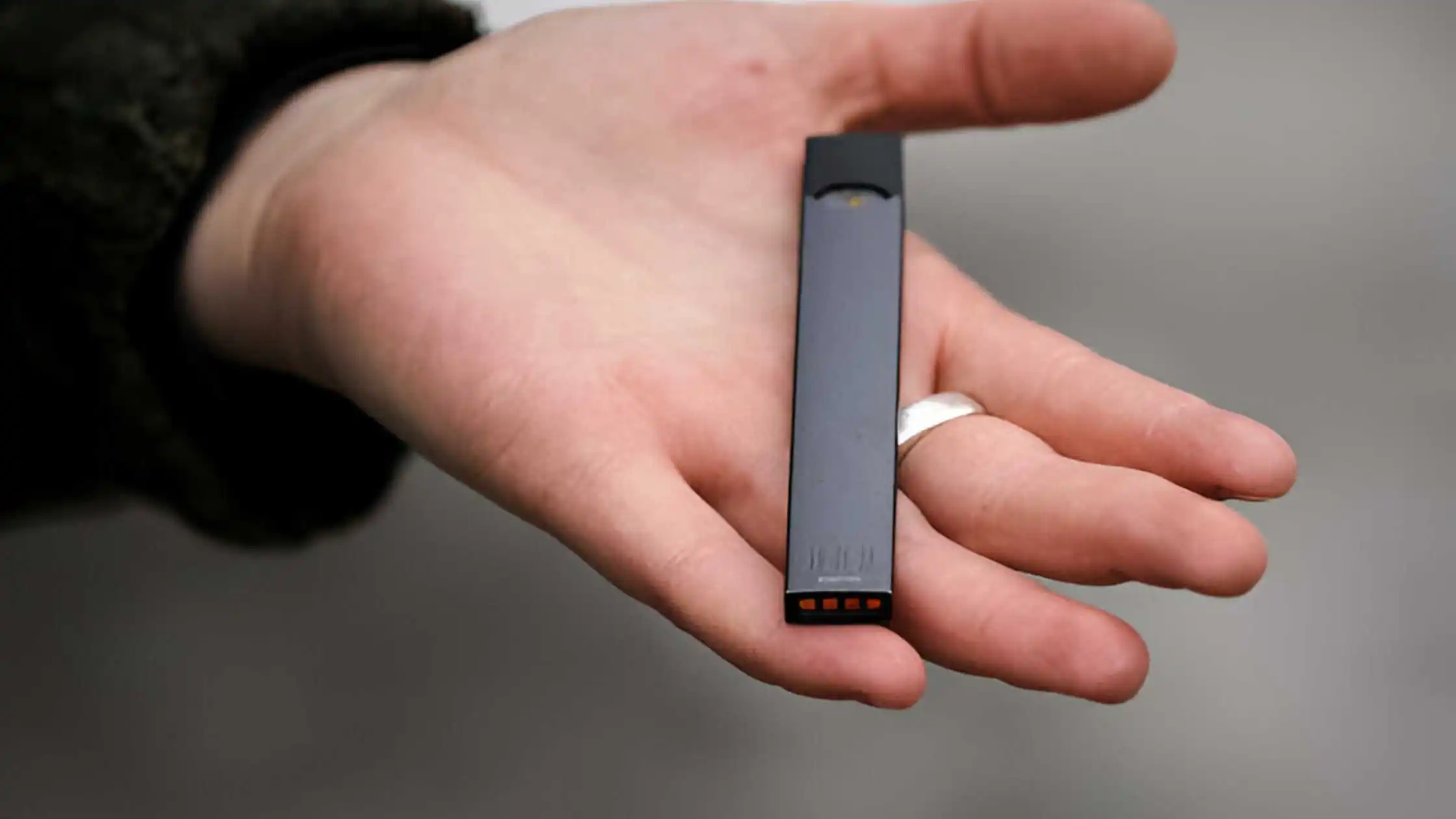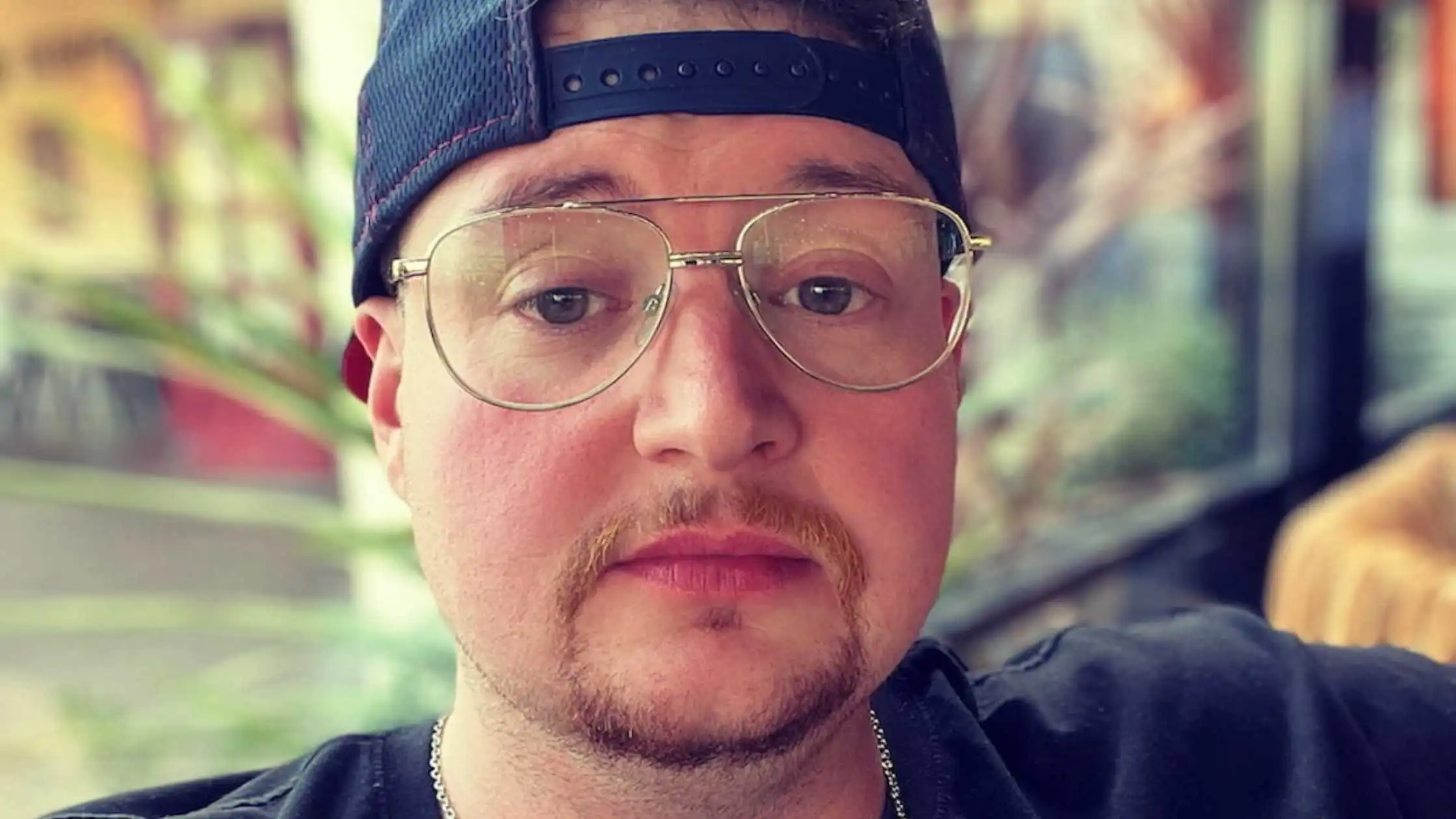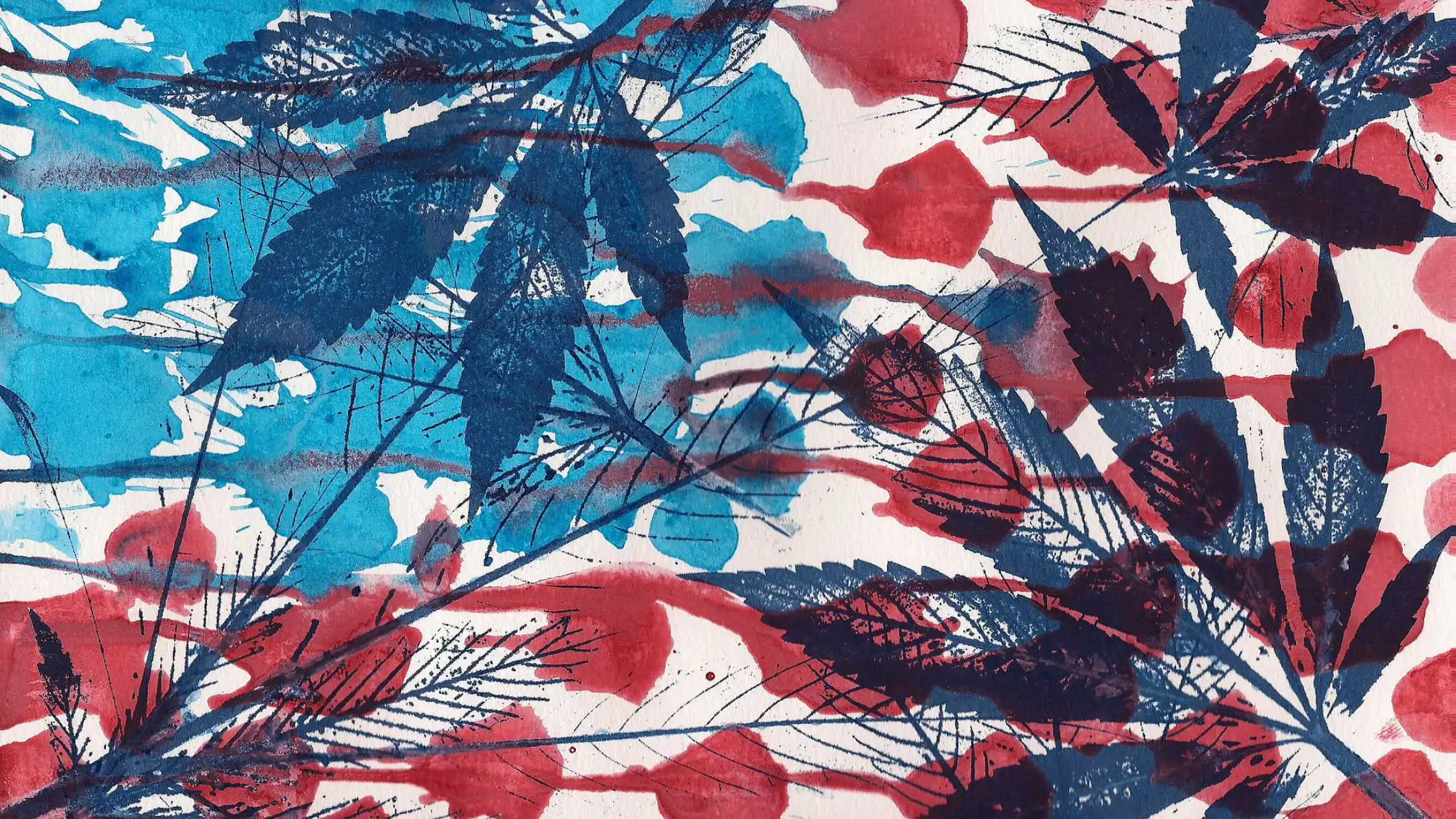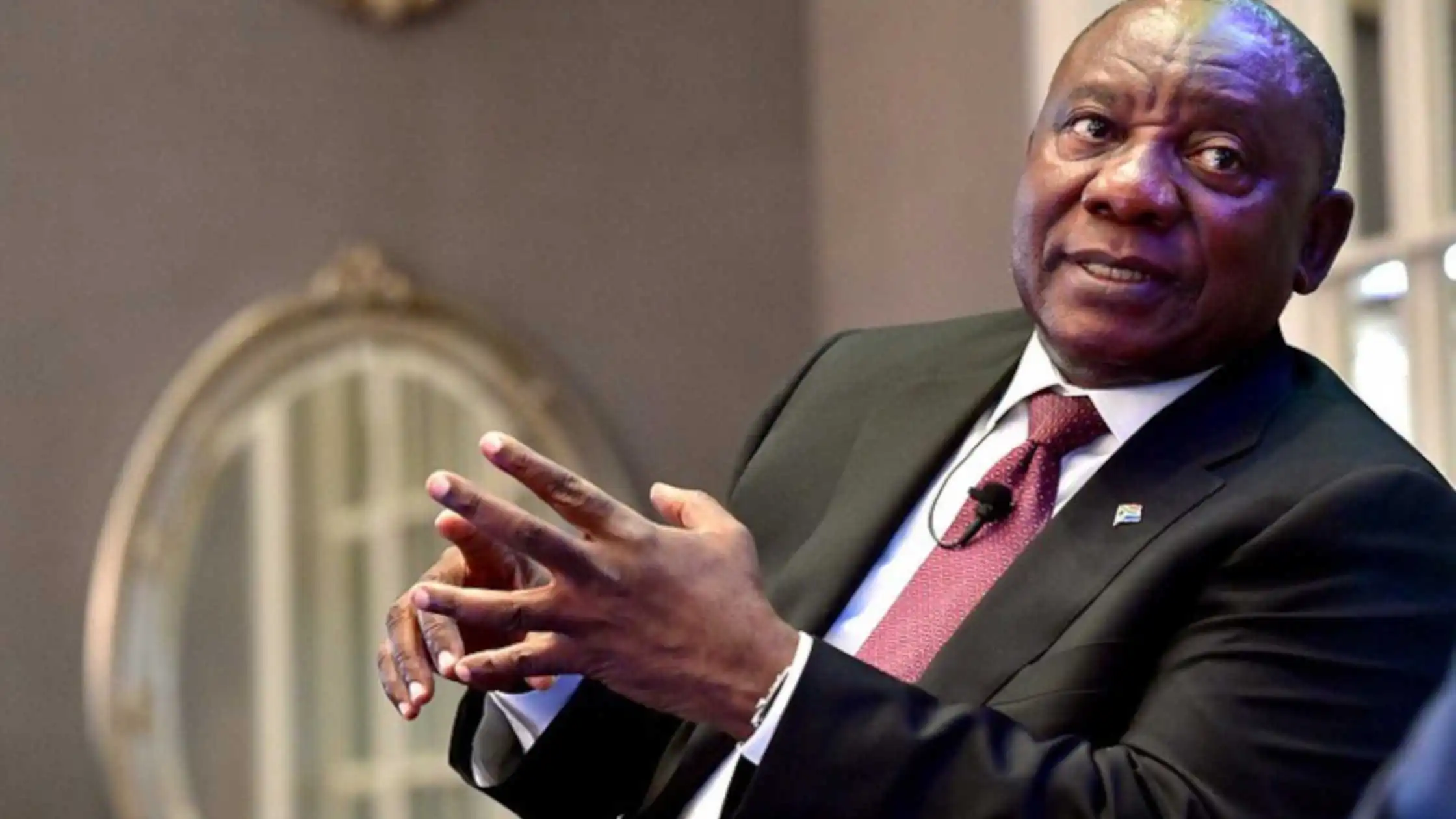Juul Labs agreed in principle to pay $438.5 million to nearly three dozen states to resolve a two-year bipartisan probe.
Juul Labs agreed to pay $438.5 million to nearly three dozen states to resolve a two-year probe into the e-cigarette manufacturer’s marketing and sales practices.
The charges stemmed from claims that the company misrepresented the health risks associated with its vapes and promoted them to children who are not of legal age to purchase tobacco products.
The multistate investigation, which also included Puerto Rico, showed that Juul rose to dominance in the vaping market by “willfully engaging” in advertising campaigns that appealed to youth.
The news comes after the Food and Drug Administration in June effectively banned Juul products from being sold in the U.S., citing a lack of data regarding the products’ toxicological profile. The agency also highlighted the company’s “disproportionate role in the rise in youth vaping.”
Shortly after, a federal court ruled that Juul could continue selling its product while the ban is challenged. People close to the company but not authorized to speak about the issue told Bloomberg that bankruptcy would be considered if the ban is upheld.
While the states are finalizing and executing the settlement documents, the $438.5 million will be paid out by Juul over six to 10 years, with the payment amounts the more the company takes to pay. The final settlement could reach $476.6 million if Juul extended the ten-year payment period.
The agreement would also force Juul to comply with “a series of strict injunctive terms severely limiting their marketing and sales practices,“ Connecticut Attorney General William Tong, who led the effort alongside Texas and Oregon, said in a statement Tuesday.
“Juul’s cynically calculated advertising campaigns created a new generation of nicotine addicts,“ Tong said. “They relentlessly marketed vaping products to underage youth, manipulated their chemical composition to be palatable to inexperienced users, employed an inadequate age verification process, and misled consumers about the nicotine content and addictiveness of its products.”
Under the accord, Juul has agreed to refrain from:
- Youth Marketing
- • Funding education programs
- • Depicting persons under age 35 in any marketing
- • Use of cartoons
- • Paid product placement
- • Sale of brand name merchandise
- • Sale of flavours not approved by the FDA
- • Allowing access to websites without age verification on the landing page
- • Representations about nicotine not approved by FDA
- • Misleading representations about nicotine content
- • Sponsorships/naming rights
- • Advertising in outlets unless 85% of the audience is adult
- • Advertising on billboards
- • Public transportation advertising
- • Social media advertising (other than testimonials by individuals over the age of 35, with no health claims)
- • Use of paid influencers
- • Direct-to-consumer ads unless age-verified
- • Free samples
The investigation further revealed that JUUL’s early packaging was misleading because it did not disclose that the product contained nicotine and implied that its products contained a lower nicotine concentration.
Texas Attorney General Ken Paxton, who launched the probe in 2020 with a coalition of state attorneys general, said the state will receive $42.8 million from the pool.
Juul doesn’t sell cannabis products, though the decision could be a precursor for the cannabis industry because of the popularity of vapes. At a minimum, it could change how cannabis vape companies can market their products.
Disclaimer: https://www.greenmarketreport.com/juul-labs-could-pay-nearly-half-a-million-dollars-to-settle-teen-vaping-probe/
Posted by: Times Of Hemp, TOH, #TOH, #TimesOfHemp, https://www.timesofhemp.com





